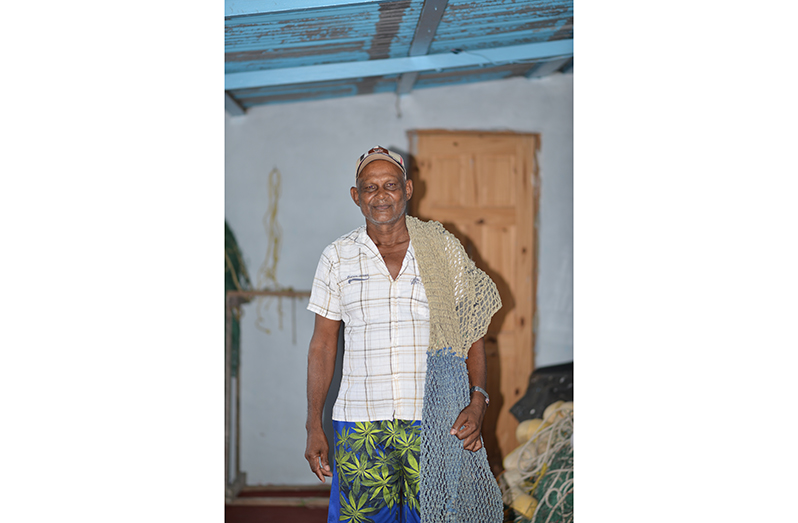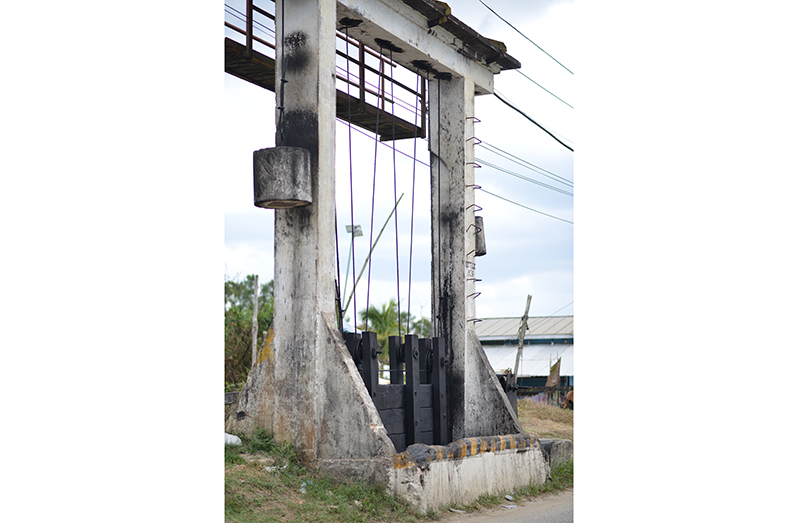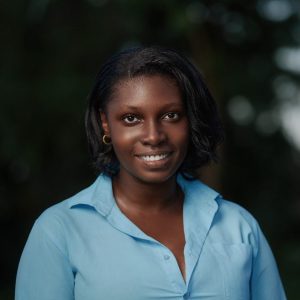Sticking to an authentic lifestyle in Vriesland
DRIVING for about 30 minutes down the West Bank of the Demerara River, past Goed Intent, Patentia and Wales would take you to the village of Vriesland. Vriesland, which is said to be a Dutch word, is among the oldest villages on the West Bank. The community covers a stretch of land half a mile long and has a population of no more than five hundred residents.
The community was said to have once been a Dutch plantation, and, in the years following, the village was a major part of Wales Sugar Estate. Most of the village, in fact, was covered in cane fields. Some 50 years ago, the village of Vriesland was more sugar cane and farmlands than it was homes and people.
Over time, the village developed with the integration of more people. However, what did not seem to change very much was the way of life for the people of the village. The village is still home to people who commute to work every day, but many of them still work self-sustaining jobs like fishing.
Mooniram Budhua is 62 years old and is among the fishermen left living in the village of Vriesland. Like most of Vriesland’s villagers, Mooniram was born and raised in the village. Mooniram learnt the art of fishing at a tender age. At the time, he began fishing as a way of feeding himself rather than that of a job. “I began fishing small, since I was 12 years old,” Mooniram stated.

Mooniram grew up in a family of 12 siblings with a father who was also a fisherman and he stated that although his father worked and tried to teach his older brothers to fish, the family struggled financially. Fishing, a simple pastime to many, became a livelihood, a means of survival and a way of providing for himself and his family. When asked why he chose fishing above many other trades he could have learnt, Mooniram stated simply, “I had no education to work anywhere else, so I chose the work.”
Mooniram explained that the job was far more complex and interesting than most people give it credit for. Mooniram recalls the days when he would go fishing as a boy out on the river with just a hook or net and a paddle in a boat.”Paddling is hard. But as I would paddle and catch one and two fish, it would encourage me to do better,” he said. And he did do better, going from paddle boats to small boats with a simple engine. Today, Mooniram captains a boat 35 feet in length. Mooniram simply loves fishing, and he can’t see himself doing anything else. But the job does have its challenges.
Like any other field, fishing and its practices change over time. And like any other expert, Mooniram has noticed these changes. He cited the fact that fishing is becoming more difficult, and finding fish is becoming more of a challenge. “Fish work has gotten a bit tough. I can’t predict why, but the fish are not like they used to be,” Mooniram stated. He further explained that for the last three to four years, he and other fishermen have noted a decrease in their catch as they pull in far more empty nets.

Fishing is not often thought of as a particularly exciting job, but Mooniram describes his profession as more technical than may be given credit for. From knowing the moon, waves and tide to sailing so far out into the Atlantic where land is no longer visible, fishing is truly a noble profession. Mooniram stated that “I do fish all over, from the Atlantic to right in this river.”
Mooniram and his fellow fishermen sometimes spend nights on the boats in the ocean. He said, “I sail far out, a couple miles out. Sometimes, I don’t really see land. When nighttime comes in we just see the lights.” Despite the daunting idea of being at sea at night, Mooniram says that he is never fearful. “I was born and grew up in this. I can’t say fishing is dangerous because nothing bad ever happened to me,” he said.
Interestingly, the difference in water from the Atlantic to the Demerara River is noted in the fish living and caught in the different waters. “Out in the Atlantic, we catch things like banga-mary, trout and snapper and things like that. In here, you would get skinned fish like basha, como-coma and high water,” he said.
Mooniram and his wife have two children, and the couple opened a shop in the village several years ago. Mooniram says he can’t see himself ever giving up fishing.”From my generation, I will pass it onto my son,” he said.
A constant running theme among the residents of Vriesland seems to be that of change. Mooniram himself says that in the same way he has seen changes in the tide, Vriesland has seen a multitude of changes, going from a community that housed more trees than homes to the thriving neighbourhood it is today. Among all the changes, however, the people’s honest, modest and hardworking nature remains the same.




.jpg)









